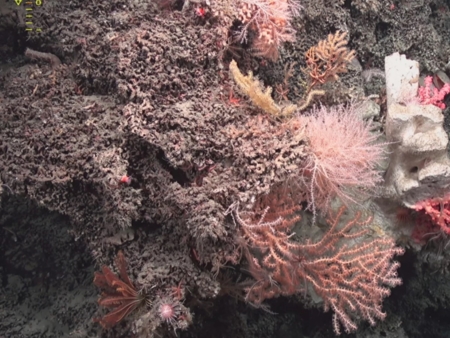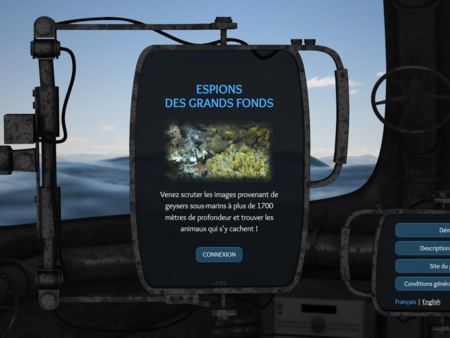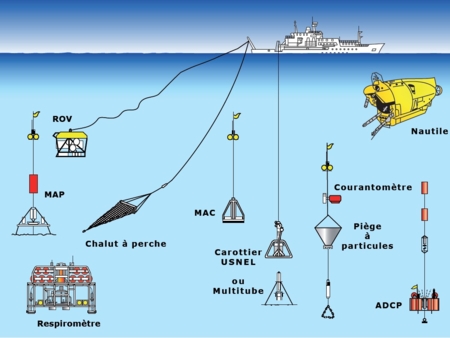Integrative taxonomy of new neomphaloidean gastropods from deep-sea hot vents of the southwestern Pacific
Sous presse dans Zoological Journal of the Linnean Society
Chen, C., Poitrimol, C., Matabos, M., (2024).
Neomphaloidean gastropods are endemic to chemosynthesis-based ecosystems ranging from hot vents to organic falls, and their diversity and evolutionary history remain poorly understood. In the southwestern Pacific, deep-sea hydrothermal vents on back-arc basins and volcanic arcs are found in three geographically secluded regions: a western region around Manus Basin, an eastern region around North Fiji and Lau Basins, and the intermediate Woodlark Basin where active venting was confirmed only recently, on the 2019 R/V L’Atalante CHUBACARC expedition. Although various lineages of neomphaloidean snails have been detected, typically restricted to one of the three regions, some of these have remained without names. Here, we use integrative taxonomy to describe three of these species: the neomphalid Symmetromphalus mithril sp. nov. from Woodlark Basin and the peltospirids Symmetriapelta becki sp. nov. from the eastern region and Symmetriapelta radiata sp. nov. from Woodlark Basin. A combination of shell sculpture and radular characters allow the morphological separation of these new species from their described congeners. A molecular phylogeny reconstructed from 570 bp of the mitochondrial cytochrome c oxidase subunit I gene confirmed the placement of the three new species in their respective genera and the superfamily Neomphaloidea. The finding of these new gastropods, particularly the ones from the Woodlark Basin, provides insights and implications on the historical role of Woodlark as a dispersing centre, in addition to highlighting the uniqueness of the Woodlark faunal community.










